Barclays replaces passwords with voice authentication for telephone banking
High street bank aims to speed up interactions and reduce fraud with new security tools

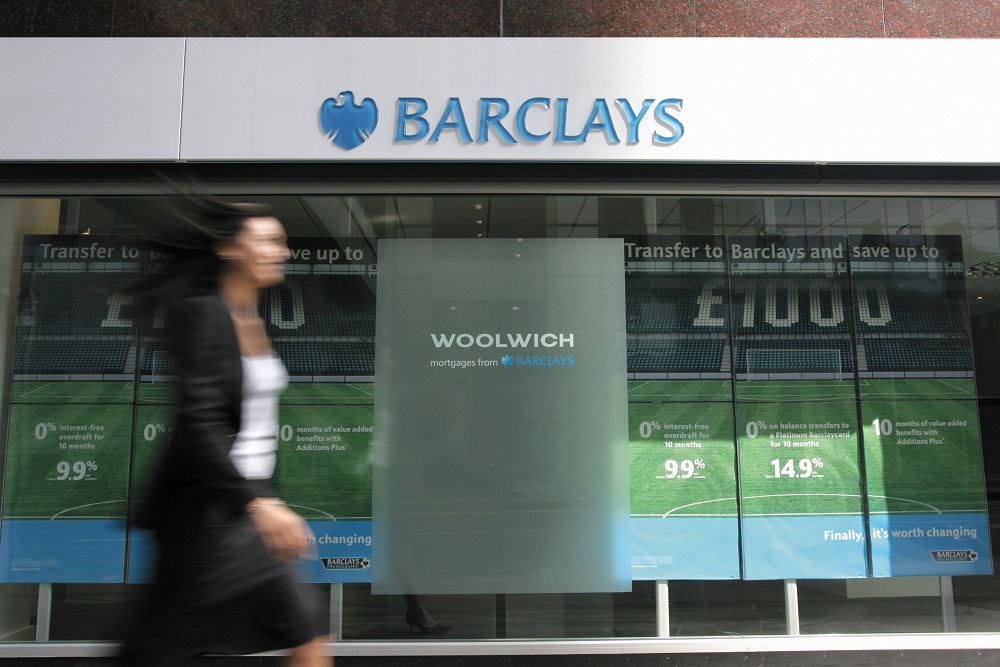
Barclays will roll out voice authentication for telephone banking tomorrow, in order to make customers less reliant on passwords.
All customers will be enrolled in the program automatically, but Barclays will ask if they wish to opt out the next time they use telephone banking.
"We can all relate to the frustration of forgetting a password at the crucial moment," said Barclays' personal banking CEO Steven Cooper. "Voice security can cut out that part of the call completely and, unlike a password, each person's voice is as unique as a fingerprint."
Barclays will join other high street banks who have implemented alternative types of authentication, including First Direct and HSBC.
The primary use for this technology, the bank said, will be to speed up its telephone banking service. It currently takes an average of two minutes to progress through alternative security methods if a customer forgets their password.
It takes an average of just two calls for the system to build up an accurate 'voice print' of a customer, Barclays said, and its system can then identify that customer on future calls.
While a Barclays spokeswoman stressed to IT Pro that the company was not removing passwords altogether, she admitted that voice recognition will help to cut down on telephone banking fraud. "As the fraudsters are getting more sophisticated, our back-end is getting more sophisticated too," she said.
Sign up today and you will receive a free copy of our Future Focus 2025 report - the leading guidance on AI, cybersecurity and other IT challenges as per 700+ senior executives
The news has been well received by security specialists, who have been calling for traditional passwords to be replaced by biometric authentication for years. "In Europe, consumers tell us that they are struggling to remember what is now an average of more than 100 passwords across their personal accounts and devices," said Gigya's director of EMEA sales, Richard Lack.
"Biometric authentication is a powerful enabler, allowing businesses smart enough to deploy it to significantly increase rates of registration, gaining data and insight about their customers, while also increasing customer security. This is a win/win scenario which sounds the death-knell for awkward and insecure passwords sooner than we may imagine."
Adam Shepherd has been a technology journalist since 2015, covering everything from cloud storage and security, to smartphones and servers. Over the course of his career, he’s seen the spread of 5G, the growing ubiquity of wireless devices, and the start of the connected revolution. He’s also been to more trade shows and technology conferences than he cares to count.
Adam is an avid follower of the latest hardware innovations, and he is never happier than when tinkering with complex network configurations, or exploring a new Linux distro. He was also previously a co-host on the ITPro Podcast, where he was often found ranting about his love of strange gadgets, his disdain for Windows Mobile, and everything in between.
You can find Adam tweeting about enterprise technology (or more often bad jokes) @AdamShepherUK.
-
 Will autonomous robotics leap forward in 2026?
Will autonomous robotics leap forward in 2026?In-depth Connectivity and cost benefits remain barriers, despite breakthroughs in physical AI
-
 AWS and NTT Data team up to drive legacy IT modernization in Europe
AWS and NTT Data team up to drive legacy IT modernization in EuropeNews Partnership between AWS and NTT DATA aims to boost AWS European Sovereign Cloud capabilities
-
 Thousands of exposed civil servant passwords are up for grabs online
Thousands of exposed civil servant passwords are up for grabs onlineNews While the password security failures are concerning, they pale in comparison to other nations
-
 Gen Z has a cyber hygiene problem
Gen Z has a cyber hygiene problemNews A new survey shows Gen Z is far less concerned about cybersecurity than older generations
-
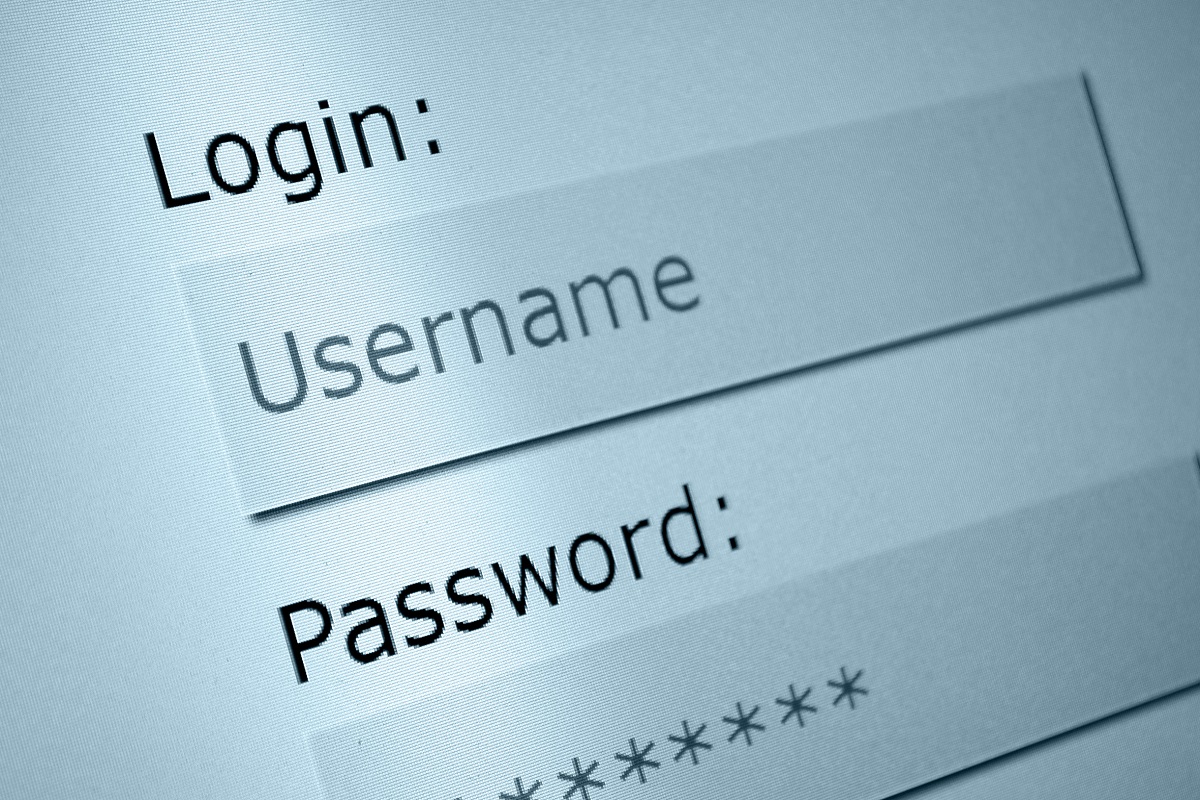 Passwords are a problem: why device-bound passkeys can be the future of secure authentication
Passwords are a problem: why device-bound passkeys can be the future of secure authenticationIndustry insights AI-driven cyberthreats demand a passwordless future…
-
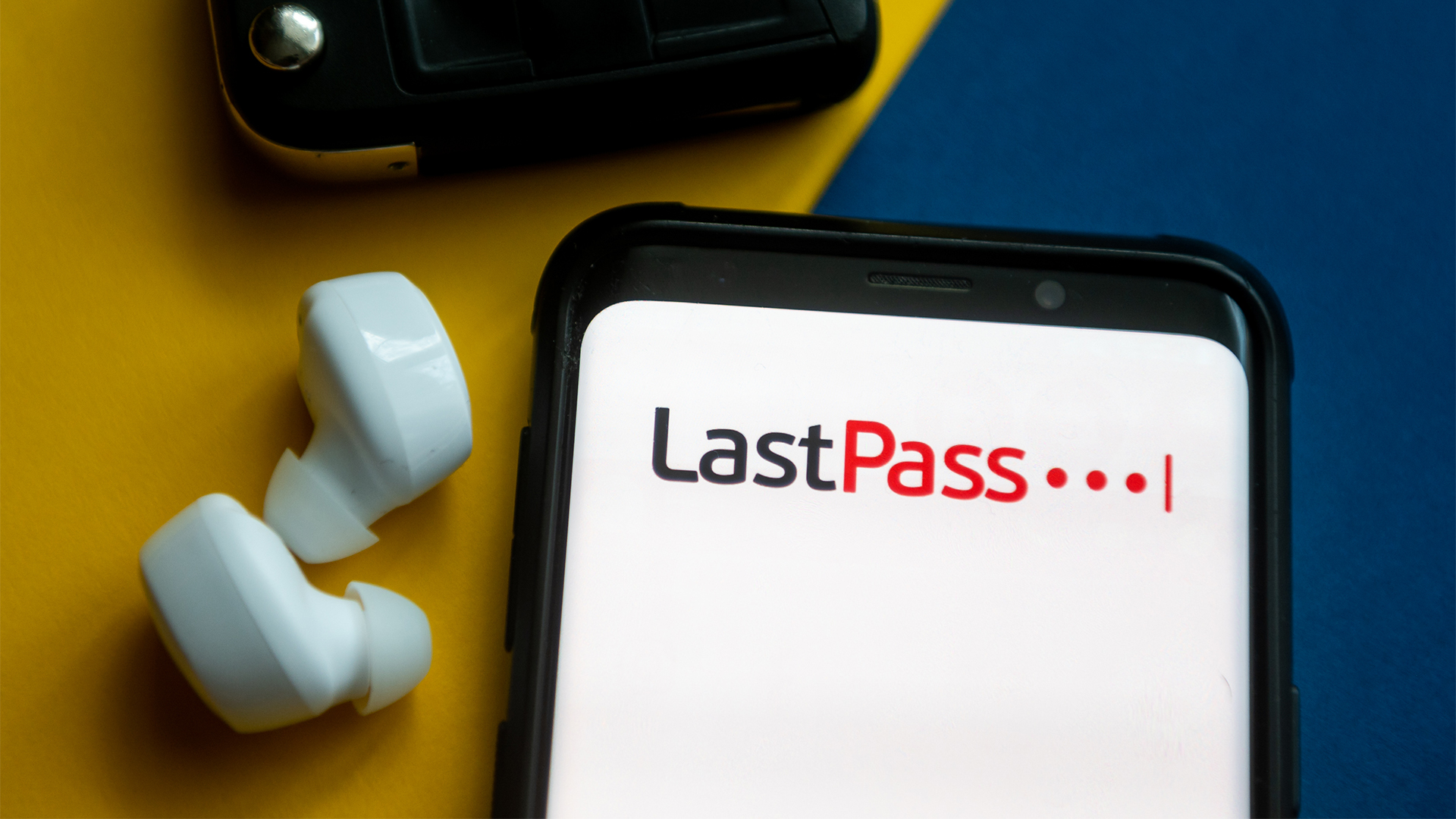 LastPass just launched a tool to help security teams keep tabs on shadow IT risks
LastPass just launched a tool to help security teams keep tabs on shadow IT risksNews Companies need to know what apps their employees are using, so LastPass made a browser extension to help
-
 The NCSC wants you to start using password managers and passkeys – here’s how to choose the best options
The NCSC wants you to start using password managers and passkeys – here’s how to choose the best optionsNews New guidance from the NCSC recommends using passkeys and password managers – but how can you choose the best option? ITPro has you covered.
-
 I love magic links – why aren’t more services using them?
I love magic links – why aren’t more services using them?Opinion Using magic links instead of passwords is safe and easy but they’re still infuriatingly underused by businesses
-
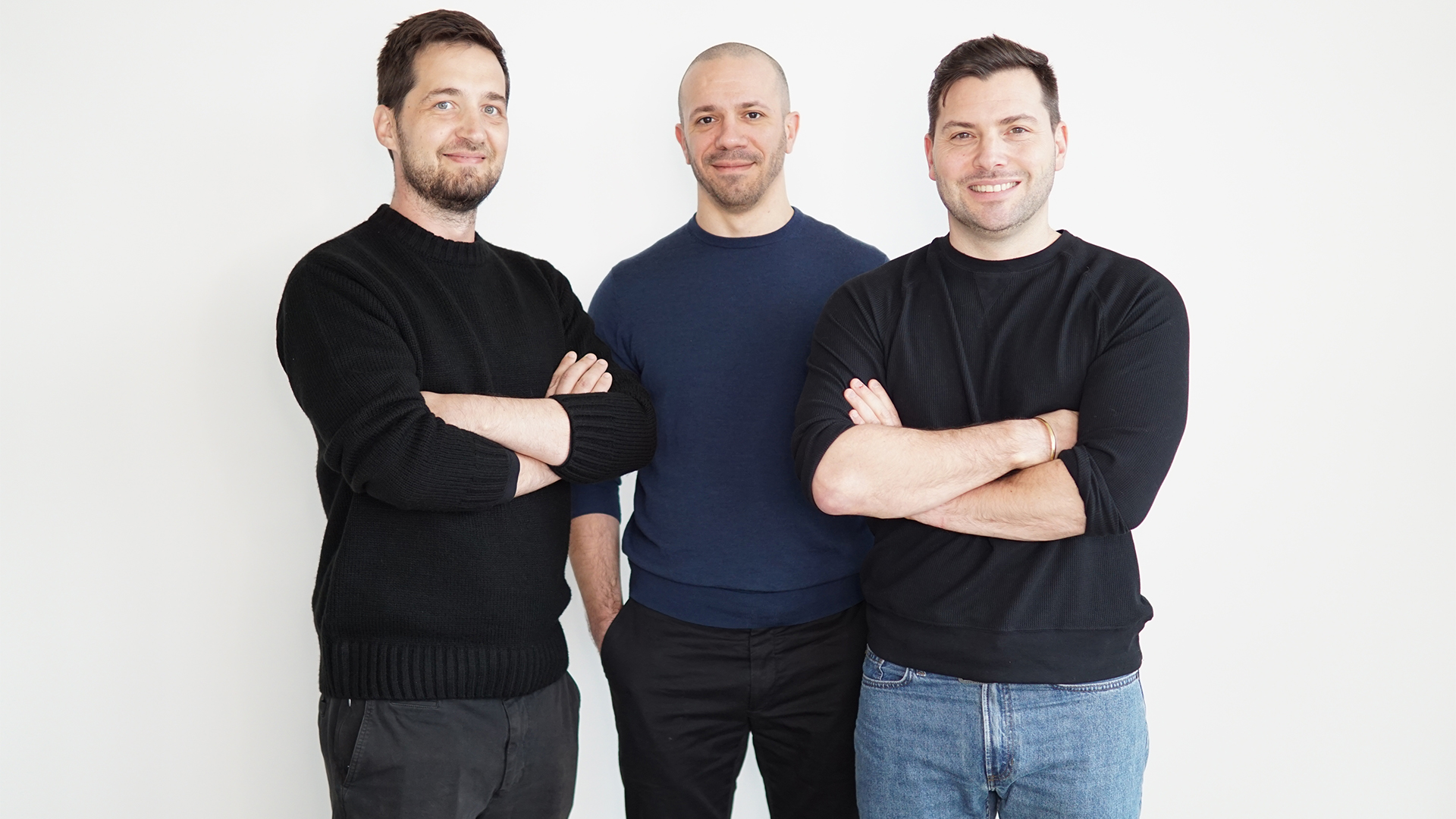 Password management startup Passbolt secures $8 million to shake up credential security
Password management startup Passbolt secures $8 million to shake up credential securityNews Password management startup Passbolt has secured $8 million in funding as part of a Series A investment round.
-
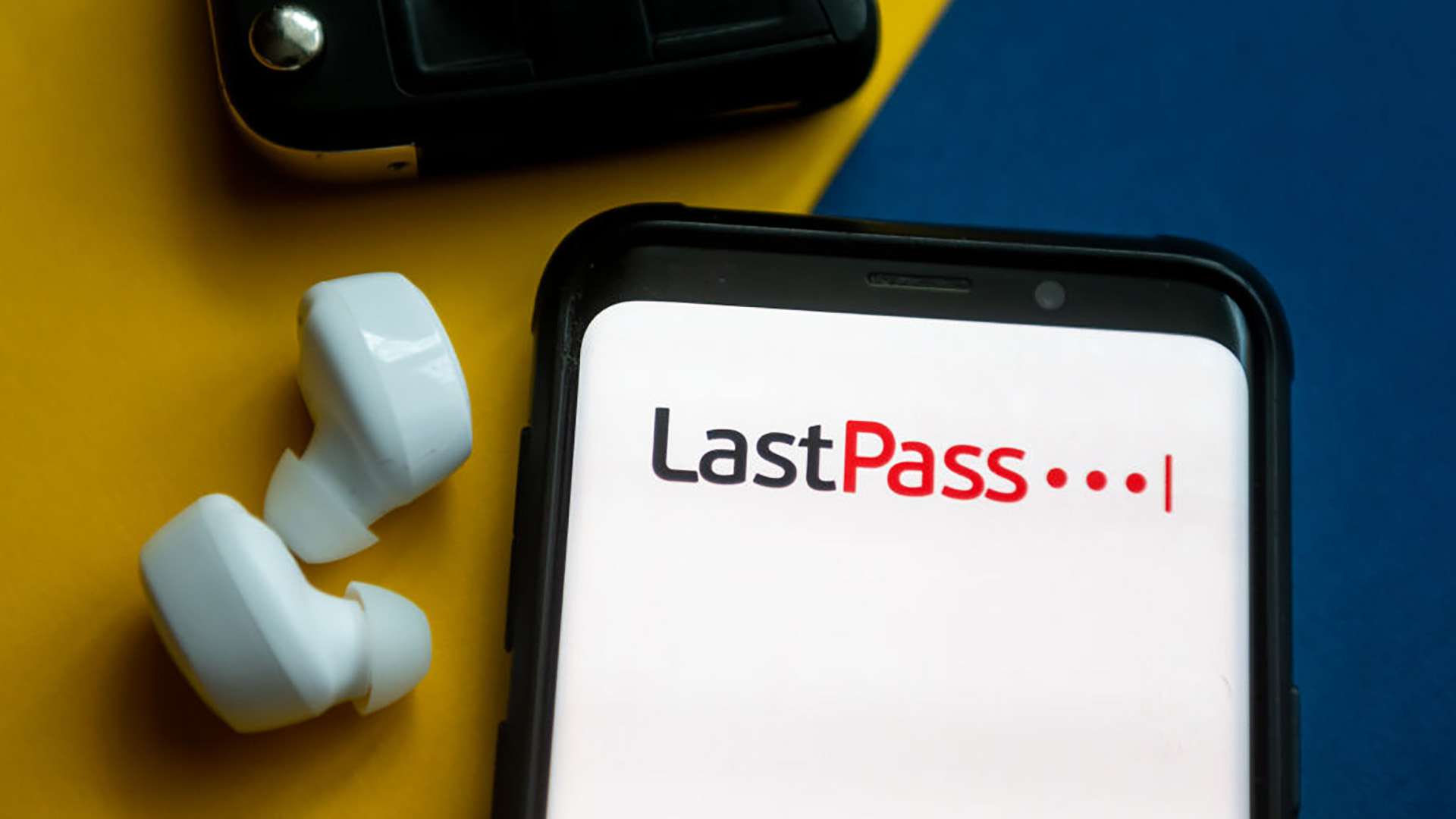 LastPass breach comes back to haunt users as hackers steal $12 million in cryptocurrency
LastPass breach comes back to haunt users as hackers steal $12 million in cryptocurrencyNews The hackers behind the LastPass breach are on a rampage two years after their initial attack
